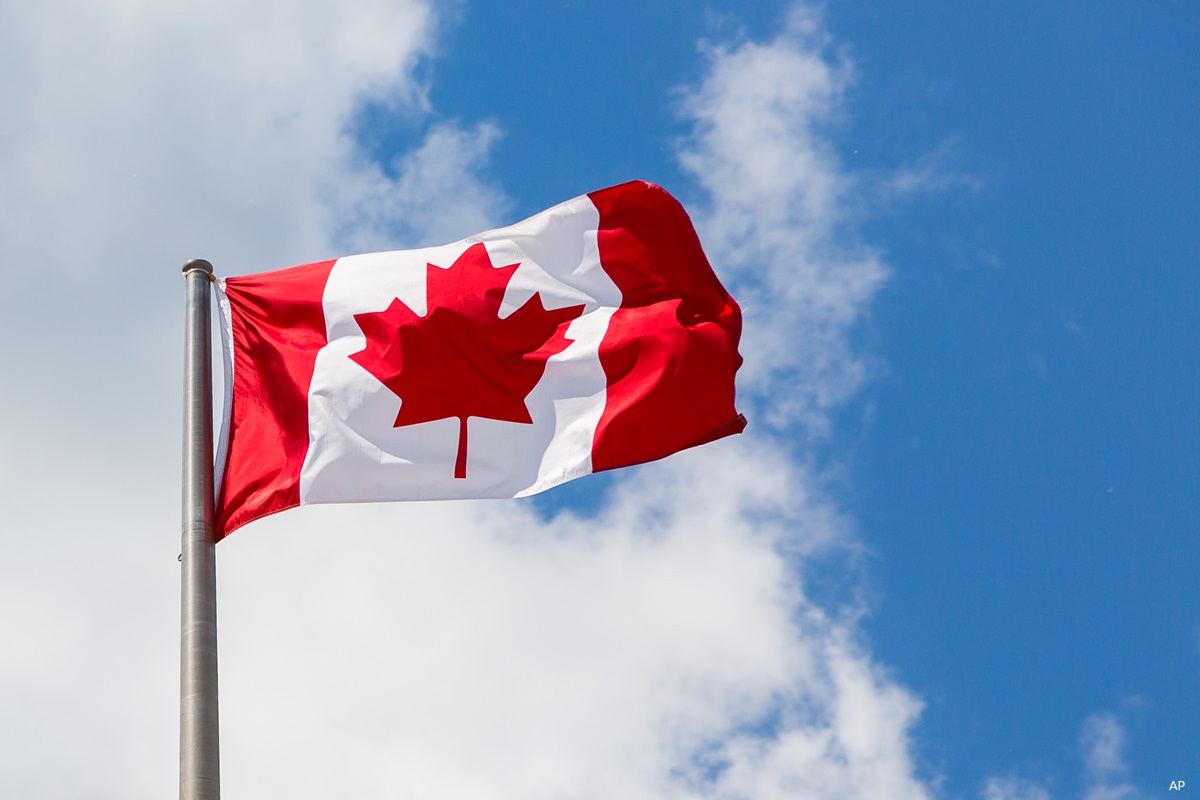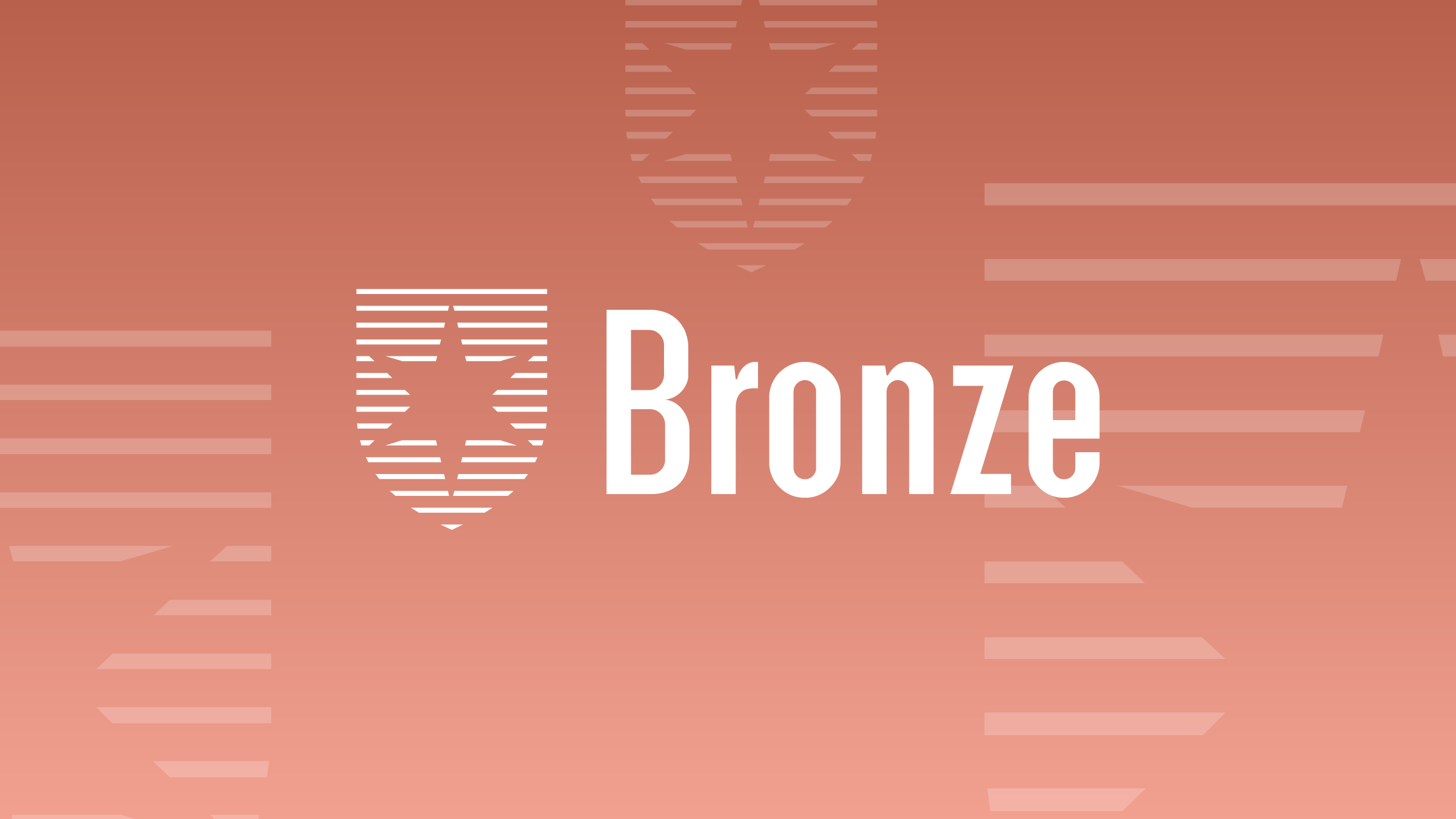Editor's note: Read the latest on how the coronavirus is rattling the markets and what you can do to navigate it.
Ruth Saldanha: As parts of the world and Canada slowly begin opening up, the question on everyone's mind is, will this last? While no one can say for sure if and when the second wave of the novel coronavirus will come or what it will look like, there are some indicators on which investors should keep an eye. To address what a reopening could look like for Canada, Lesley Marks, CIO and Head of Investment Management at BMO Private Wealth, is here today.
Lesley, thank you so much for being here today.
Lesley Marks: Great to be having this discussion with you, Ruth.
Saldanha: The Canadian market seems to have by and large mostly recovered from the sharp fall in March. In your opinion, do the fundamentals support this recovery?
Marks: Well, I think it's a good question and it's really the question that is on most investors' minds right now because we have had a very significant economic downturn, but we are also starting to see signs of a recovery. It looks to us like April will prove to be the bottom from much of our economic data. And as you know, markets tend to lead a recovery. So, while it may look like that recovery in equities is a bit detached from what we are seeing in the economy, it's not unsurprising to see the market moving far ahead of the economic recovery.
Saldanha: Canada has been more cautious than many other countries, both in the lockdown and in reopening. What kind of an impact do you see this caution having on our economy, especially over the medium to long-term?
Marks: Well, I think the first thing to recognize is that although we've been more cautious, we've really benefited from that extra caution. When you look at our number of cases and mortality on a world scale, Canada has been very successful at flattening the curve and managing through this healthcare crisis or the healthcare aspect of the crisis.
So, now, to answer the second part of your question, which is really related to so what impact will that have on the economy, in addition to handling the healthcare piece well, I think that we've handled the financial part very well as well. We've seen very strong policy measures both on the fiscal and monetary front that have really helped us with normal market functioning as well as bridging the gap and really, that is the policymakers' goal here. They knew that we would have an extreme economic downturn, but they wanted to provide a bridge for Canadians to make it through to the other side of the crisis.
Saldanha: One of the tools that has been used to help with this entire situation has been the interest rates. How do you think the interest rate will play out going ahead now and what kind of an impact do you see on Canadian real estate as a result of that?
Marks: So, again, two things that are on many people's minds. Let's start with interest rates. I think that interest rates are going to stay lower for longer. We've heard from central bankers not just here in Canada, our new Bank of Canada governor Tiff Macklem, but also from Jerome Powell with the Federal Reserve in the U.S. that they – in the case of Jerome Powell, he said last week, we are not even thinking about increasing interest rates. So, I think both central bankers recognize the importance of getting unemployment numbers down. Inflation is really nowhere near being an issue. We saw that in the economic data, in CPI in Canada today. So, there is no reason really to be thinking about moving interest rates higher. So, on the interest rate front, we think for the next 12 to 18 months, we continue to see very depressed levels of interest rates.
Now, that's of course connected to real estate as you asked both of those questions together. Real estate is a little bit harder to answer because we see different trends impacting real estate. So, some of the trends that were in place before COVID such as the move to online shopping were already decreasing retail footprint and that now we see as accelerating. So, areas of real estate that are impacted by retail we think will be negatively impacted. But one of the new areas that will also be negatively impacted is on the office portfolio. So, when you think about everybody basically in this country moving to work from home, we were able to experiment what that would be like for workers across this country. And I think that overall we did quite well in that experiment. Of course, it was a bit rocky in the early days. But now that we are three to four months in, we've all adjusted pretty well. And so, now, companies are starting to think more about a work from anywhere model as opposed to just working from office. So, real estate in the sense of office could be negatively impacted.
On the other hand, other sectors of real estate like industrial where we may see an increase in onshoring and manufacturing or warehousing or even datacenters to support the increased consumption of data, could actually benefit from the post-COVID trends. And then, finally, we have to acknowledge the residential real estate piece because most Canadians are quite focused on the value of real estate for their own homes and we really haven't seen a major downturn in real estate prices over the last few months. But we recognize that this generally because we haven't seen a high level number of transactions. So, there is a change over the next few months, particularly as economic support comes off, that we could see a downturn in residential pricing as well.
Saldanha: As investors what are some of the risks that we should keep an eye on as we head into this reopening?
Marks: Well, I think there's a few key risks to zone in on. The first one you mentioned at the start of our talk today which is the threat or risk of a second COVID wave. And we have been fortunate so far in Canada as we've seen economies reopen in the provinces across the country that we haven't seen any significant uptick in cases. We have seen outbreaks in some cases, and we've been able to localize those outbreaks and manage through those localized outbreaks. On the other hand, in other parts of the world, that has not been the case. If we look to our neighbours to the south, in many areas that have reopened, they have seen a significant increase in the number of cases and the risk of a second wave is greater. If the cases in the second wave are at a point where governments decide that they need to roll back the economic reopening, then we have a very significant economic risk. So, that's the first major risk.
The second risk I see is related to your question on the detachment of fundamentals and how markets have moved ahead of fundamentals. We mentioned that this was a normal thing to happen in markets. But as we get into the summer months and as the monthly comparisons become more and more difficult, so the bar gets raised, there is a risk that when we look at month-over-month data and we stop seeing the big increases that we're seeing in the early stages of the recovery that investors will be disappointed and concerned about the strength of the recovery. So, there could be a little bit consolidation in higher-risk assets like equities and credit in the face of that risk.
The final risk to think about is also the pending U.S. election. Now, that we also view as more of a Fall risk. And I think that just when Canada starts having their debates and policies start coming to the forefront, that moves to much more of a front-page news story than it has been through this crisis.
Saldanha: Finally, what are some sectors in Canada that you believe will come out strong in this reopening and conversely, what are some that you believe will do badly going ahead?
Marks: Well, I think you have to look at some of the trends that were in place post-COVID and then that have accelerated through this COVID period. So, the one most obvious one which has been a beneficiary is certainly the technology sector. Technology has been a sector that has done well all around the world. It's not a huge sector in Canada. So, for the few companies that we do have in that sector, they are really benefiting from that scarcity impact. We think that the trends and the secular growth that is really behind the technology sector will continue. So, that's one example of a sector that will continue to do well.
Consumer staples were also defensive. People don't have to make that call on what they think will happen with the economy. We think again we'll continue to show signs of stability here and those will be sectors where there is a lack of volatility and that will be desirable for investors.
Other areas of the Canadian economy – we talked a lot of about retail estate. And of course, you can't just group real estate altogether, but we do think that some pockets of real estate such as office and retail-oriented will have a negative impact.
Saldanha: Thank you so much for being here today, Lesley.
Marks: Great to chat with you, Ruth.
Saldanha: For Morningstar, I'm Ruth Saldanha.








.jpg)











